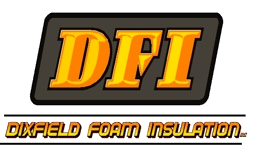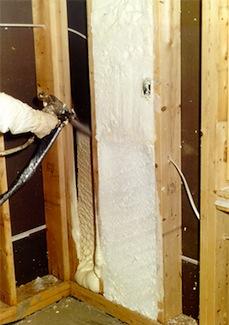Pending in the Senate is a bill called the Home Star Retrofit Act of 2010, or simply Home Star for short. Sometimes referred to as Cash for Caulkers in street slang, the bill would provide a series of financial incentives for homeowners to increase the energy efficiency of their homes through substantive, effective improvements to their homes that save homeowners money, reduce our country’s carbon emissions, help to mitigate climate change, and put tens of thousands of Americans back to work.
The current state of the bill is this: it was included in a comprehensive climate bill that was shelved last month, but will be included in a narrower energy bill to be voted on (hopefully) after the August recess, which is focused on the immediate goals of improving energy efficiency (the low-hanging fruit of any energy strategy, because it costs little, relies on existing technology, and pays immediate dividends for the climate and for the economy), responding to the Gulf Oil Crisis, and putting Americans back to work.
There are two levels to the program that homeowners can choose between, called “Gold Star” and “Silver Star.” Here’s the long (Gold Star) and short (Silver Star) of it:
Silver Star Rebates:
The Silver Star tier of the Home Star program would provide rebates of up to $1,000-$1,500 to cover 50% of the total cost of any number of projects, including insulation, air sealing, duct sealing, water heater upgrades, HVAC upgrades, windows, roofing and doors. The homeowner can choose a combination of these upgrades and receive a rebate for each, up to a maximum rebate of $3,000 per home, as long as each upgrade includes the most energy efficient products in its category, and aims to use primarily building materials and products made in the U.S.A. Installations need to be made by a contractor certified by the Building Performance Institute, and guaranteed using software models to save energy.
Gold Star Rebates:
The Gold Star program provides incentives of up to $3,000 for homeowners to have comprehensive energy retrofits overseen and conducted by a contractor certified by the Building Performance Institute and guaranteed to lead to energy savings of at least 20%, with additional energy savings beyond 20% garnering additional rebates.
The program is expected to save participating homeowners $200-$500 per year at least, while creating good, non-outsourceable jobs, reducing carbon emissions and adding comfort and value to homes. Feel free to contact us for more information.



